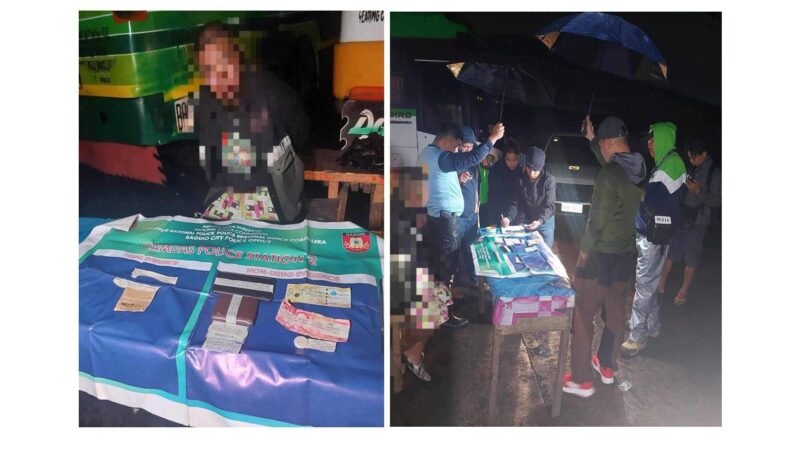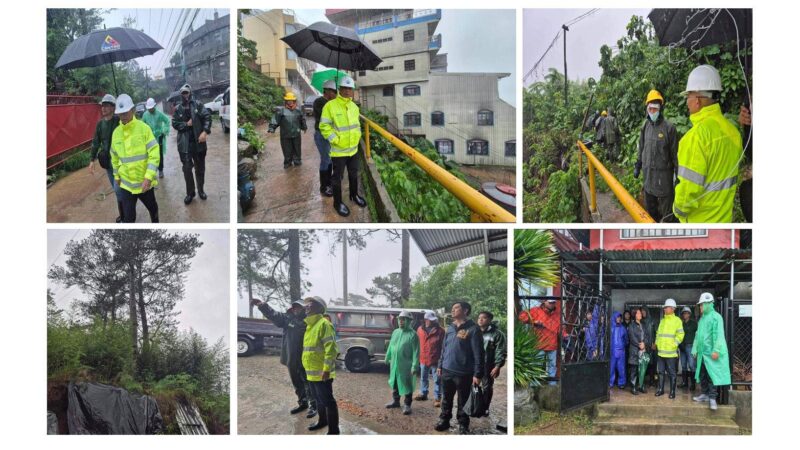Social reward recommended for better compliance to Public Health Protocols
BAGUIO CITY – (06 May 2021) – Providing incentives – not necessarily monetary reward – would help improve citizens’ compliance to minimum public health standards amid the ongoing Coronavirus disease pandemic.
This was among the recommendations of a study titled “Insights on COVID-19 among residents: Correlates of non-compliance to Minimum Public Health Standards (MPHS” conducted by the National Task Force (NTF) with lead researchers Dr. Eleanor J. Galvez, Dr. Kenneth G. Ronquillo, Prof. Sheila Arelli G. Safra and Prof. Marilyn E. Crisostomo.
Results of the study was presented to Benjamin B. Magalong and city executives during the Management Committee meeting held May 4, 2021 via Zoom platform.
Using the Cross-sectional Study as methodology, the NTF researchers adapted the WHO COVID-19 Snapshot Monitoring Survey Tool to collect data from Baguio residents by answering 27 selected questions via google forms posted at the social media site of the city government through the Public Information Office.
The study involved 1,214 respondents answering the survey from March 9 to 27 this year with a conclusion that “adherence to all MPHS appears highly challenging for the majority of respondents with 72% not being able to comply.”
Among the attributes, non-compliance is highest in: Hygienic Practices particularly foot bathing before entering premises; Face Covering Practices particularly wearing of face shield as necessary; and Social Distancing Practices particularly choosing to eat or dine outdoors.
Aside from social reward, the researchers recommended additional eight interventions to improve public compliance to MPHS such as promoting understanding of the benefits of behavioral change through education; persuade responsibility toward others in families and the community; training and demonstrations on MPHS – what to do and what not to do.
The group also recommended coercion as a strategy – threat of punishment for noncompliance to MPHS which is already being implemented with appropriate ordinances; implementation of restrictions with clear and specific social rules around behaviors; as well as environmental restructuring such as redesigning indoor and outdoor spaces and the material resources.
“Modelling – show people ways that are culturally appropriate and realistic to achieve,” the group also recommended to the city government as well as enabling range of interventions for improving capability to monitor compliance to MPHS.
In response to the recommendations of the study, Mayor Magalong said the city will conduct a local study covering the Baguio-La Trinidad-Itogon-Sablan-Tuba and Tublay (BLISTT) area using the tools used by the NTF to improve policies being implemented in the combat against COVID-19.
“We wanted a third person opinion on compliance to minimum public health protocols that is why we accepted the offer of the NTF to conduct the survey in Baguio,” Mayor Magalong said.
City Administrator Bonifacio Dela Peña will head the technical working group to conduct the local study.
“The result of the NTF study serves as an eye-opener for us to improve our health protocols, all the while we thought we are doing okay,” he said. – Jessa P. Samidan







